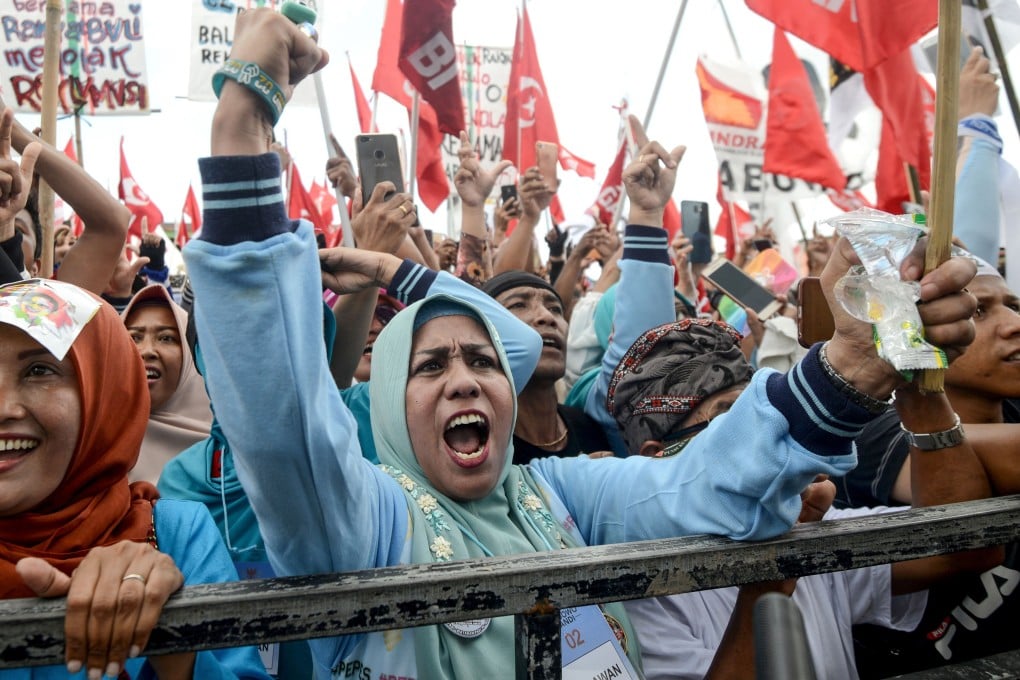Indonesia election: Widodo has courted Chinese cash. He’s about to find out the cost
- Critics accuse President Joko Widodo of not protecting the country’s national interests in his drive to attract foreign investment from Beijing
- Amid an increasingly charged political climate, anti-Chinese sentiment could be manipulated for political purposes, as it has been in the past

Indonesia’s ethnic Chinese community asserts significant influence over the national economy and because domestic dynamics tend to serve as the primary drivers of the country’s foreign policy, public opinion – and that of the elite – is divided over the rise of China, which is seen as both a threat and an opportunity.
Increasingly close economic ties between the two countries, particularly under current President Joko “Jokowi” Widodo, have come in for growing domestic criticism, which is becoming more politicised in the run-up to the presidential election on April 17.
STATE OF TIES
But at the same time, a few major ethnic Chinese conglomerates were granted special economic privileges. Thus, the monopolistic practices and crony capitalism of the increasingly corrupt and repressive New Order regime again led to rising anti-Chinese sentiment. Anti-Suharto demonstrations in the midst of the Asian financial crisis in 1998 were marked by anti-Chinese racial riots in many parts of the country.